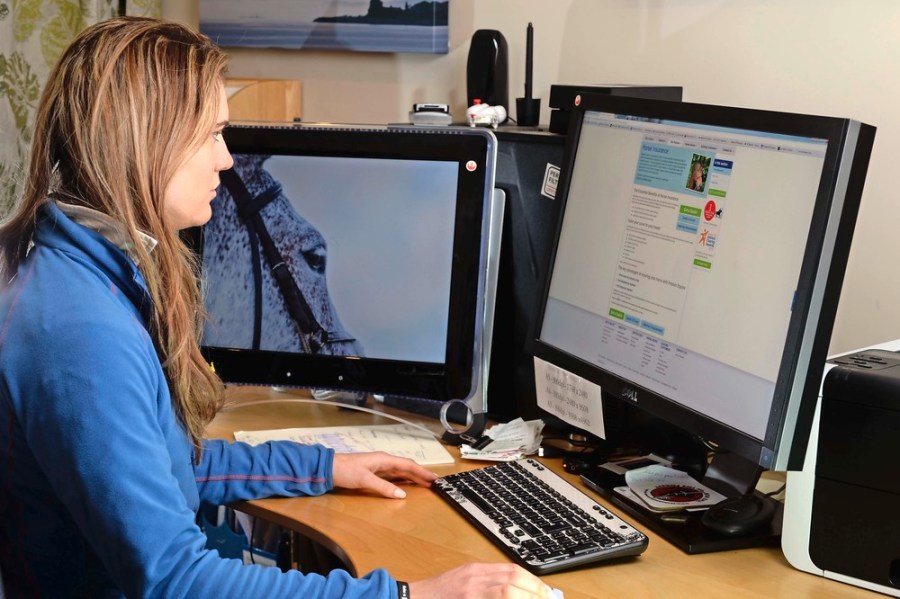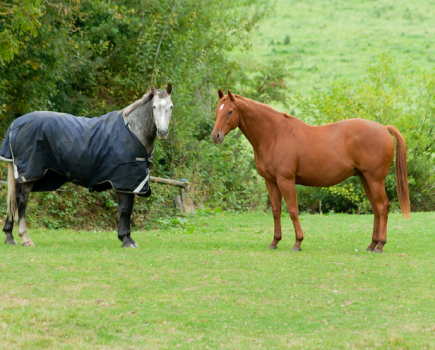“Now it is more important than ever that everyone who cares about horses generates less heat and more likes.”
This was the message of World Horse Welfare’s Chief Executive Officer at the charity’s 2021 conference (11 November).
Roly Owers highlighted the power and pitfalls of social media, and shared his insight into how to make positive change online.
“Social media loves righteousness, it loves anger, it loves judgement, and bitesize bombs can be dreamed up in an instant and delivered with a click, but do these opinions really matter? Unfortunately in some way they do,” he said.
“Uninformed opinion can have a huge impact — consider all the misinformation about covid vaccines.”
Mr Owers cited the example of a vegan contestant on the Great British Bake Off being forced off Facebook because she rides.
One commentator wrote, ‘Please don’t say that you are passionate about ethics when you still ride horses’.
“We completely disagree with this frankly bizarre assertion,” said Mr Owers. “Critics of the horse-human partnership do not hold a monopoly on ethics and all of us in the horse world need to consider and demonstrate the ethics behind this most special relationship.”
Making a change
Among those using social media to make a positive change is Pammy Hutton.
The dressage rider and trainer has promoted change in many areas of horse sport, from battling against tight nosebands and rollkur, to raising funds for riding schools during the pandemic.
“You ignore social media at your peril,” she said. “It used to be newspapers and/or television and as social media developed […] it’s been a huge tool for me.”
Vet and World Horse Welfare Trustee Chris Tufnell also stressed the importance of spreading the word of causes that matter.
“Be repetitive and keep at things,” he said. “We need to look for something that’s going to grab people, helping people to understand the importance of equine welfare, and making it easy for them.
“[There is no point] agonising about the other end of spectrum when there are a lot of people in the middle who are relatively uninformed. [Make it] informative and entertaining.”
Mrs Hutton advised exercising caution before responding to negative comments online.
“If the subject is attacked, like people saying, ‘You should never ride horses’, I never jump on it straight away because another 400 will jump on it too — 200 will say, ‘You’re quite right we must never ride again’, and the other 200 will say, ‘You’re all being absolutely ridiculous’.
“I try to monitor the tone, I find if you’re polite, just and fair, and you listen, you can influence social media.”
Thick skin
Good filters are essential for a healthy relationship to social media, according to Ed Chamberlin, ITV Racing’s lead presenter.
“On social media you are either the hero or the villain and there’s not a whole lot in between,” he said. “Common sense tends to be drowned out by the hyperbole .
“You have to know what to listen to and what not to listen to, you need good people around you and you need thick skin.
“You do need to be on social media but you just have to learn whose opinion matters.”









